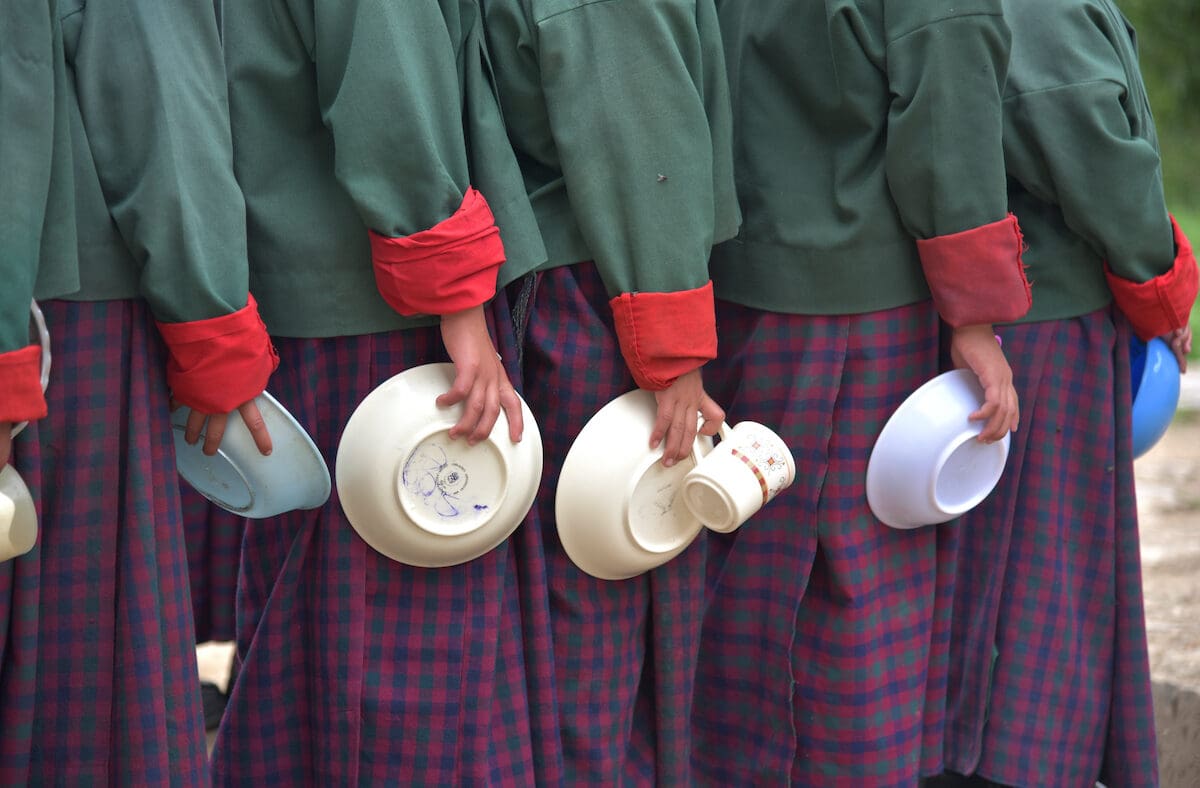
bhutan:
Threatened by Climate Change
This small Himalayan Kingdom has a “gross national happiness” quotient, but more frequent and intense climate disasters threaten to reverse the country’s progress.
of Bhutan’s land is arable
of children under 5 are anaemic
of Bhutan’s food has to be imported
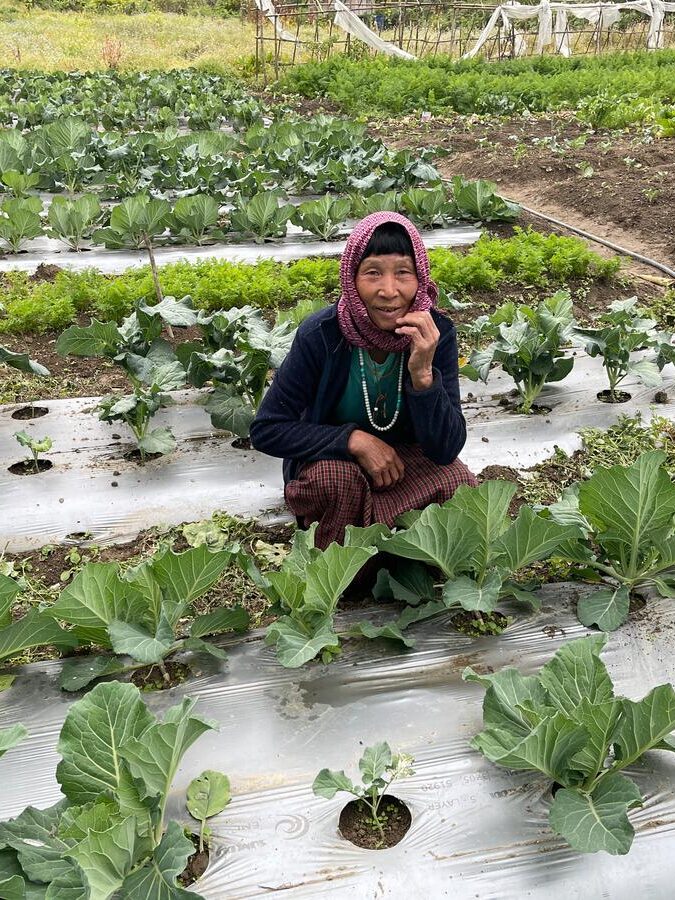
a country at risk
Bhutan is a small kingdom in South Asia, landlocked between China in the north and India in the south. The country’s development policies and plans are guided by the concept of “Gross National Happiness” which stresses the achievement of equitable and sustainable development over economic growth. Investments in health, education and a peaceful transition to a democratic constitutional monarchy have resulted in a reduction in poverty from 23.% to 8.2% in just a decade.
But Bhutan is located in one of the most seismically active zones in the world. The country is prone to earthquakes, floods, glacial lake outburst floods, landslides and forest fires, and is located in a region where the level of risk from climate variability and climate change varies from “extreme” to a “very high.” The impacts of climate change are expected to lead to even more frequent and intense disasters, threatening to reverse Bhutan’s progress.
The country’s mountainous terrain limits commercial farming and isolates rural populations from markets. These constraints mean Bhutan imports about half its food from neighboring countries.
WFP’s Work in Bhutan
We’ve been present in Bhutan since 1974, supporting the government’s graduation from least developed country status to lower middle-income status by providing technical assistance and capacity support:
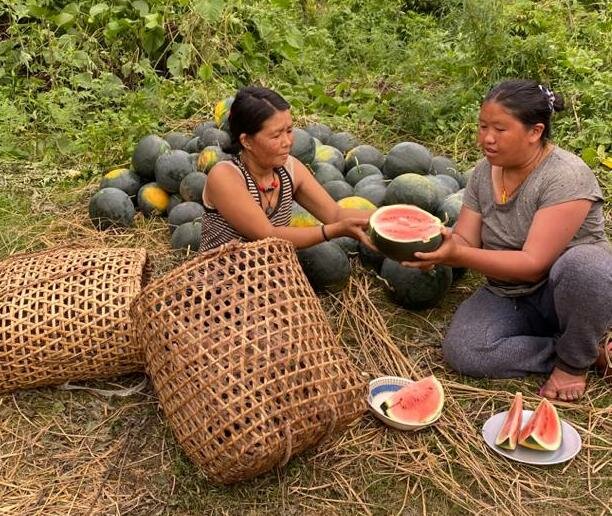
We support the national health system in the prevention and management of malnutrition, aiming to boost the availability, accessibility and consumption of fortified foods and to improve the health and diet of Bhutan’s children through school menu design, nutrition curriculum development, behavior change campaigns and supply chains. We also work with the Ministry of Agriculture and Forests to increase the production of nutritious crops and to link farmers directly to schools.

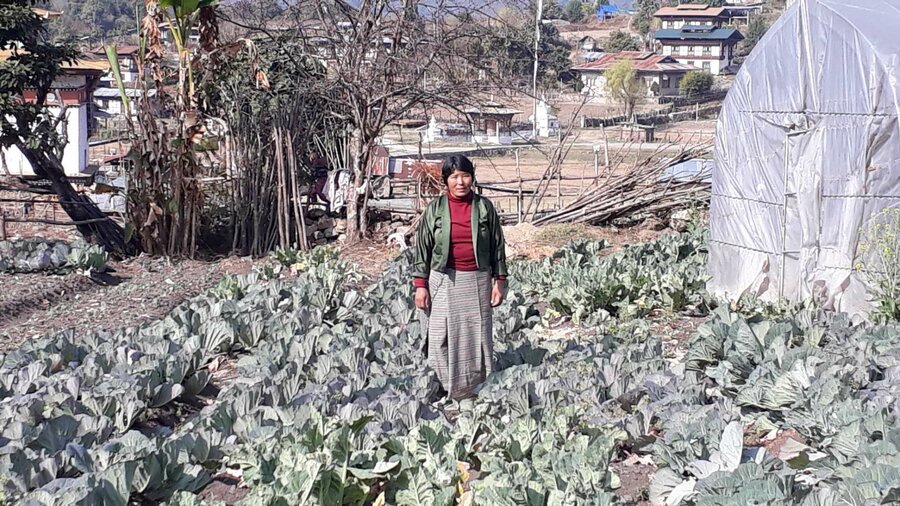
The U.N. World Food Programme is supporting the government as it strengthens livelihoods and climate resilient food systems across the country. Our assistance is implemented across the agriculture value chain by boosting demand for local food, building production capacity and refining post-harvest management, marketing, knowledge management, cost efficiency and coordination.

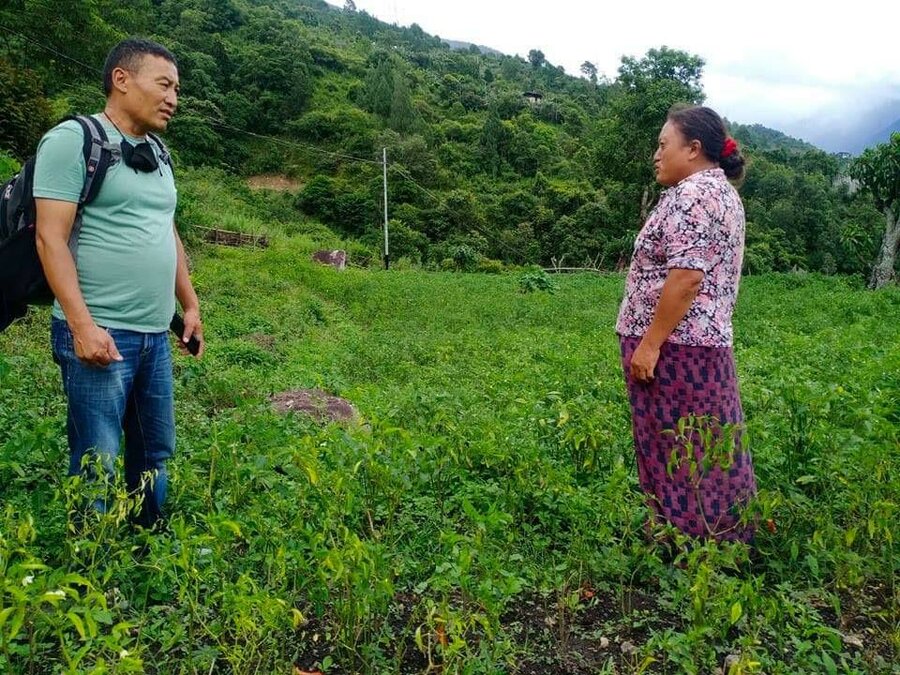
We’re building Bhutan’s resilience to disasters and climate change by assisting the government across five areas: governance and coordination, data preparedness, logistics, emergency telecommunications and food security. This includes the development of a National Road Map, the establishment of national capacity for a disaster response within 72 hours, earthquake impact modeling, Glacial Lake Outburst Flood research, contingency planning, strengthening emergency telecommunications, emergency logistics preparedness and the establishment of humanitarian staging areas.

Help Save Lives by Sending Food
You can help deliver food to vulnerable populations in Bhutan and other countries by donating to WFP.
What’s happening in Bhutan?
Read the latest news updates and stories from Bhutan:

